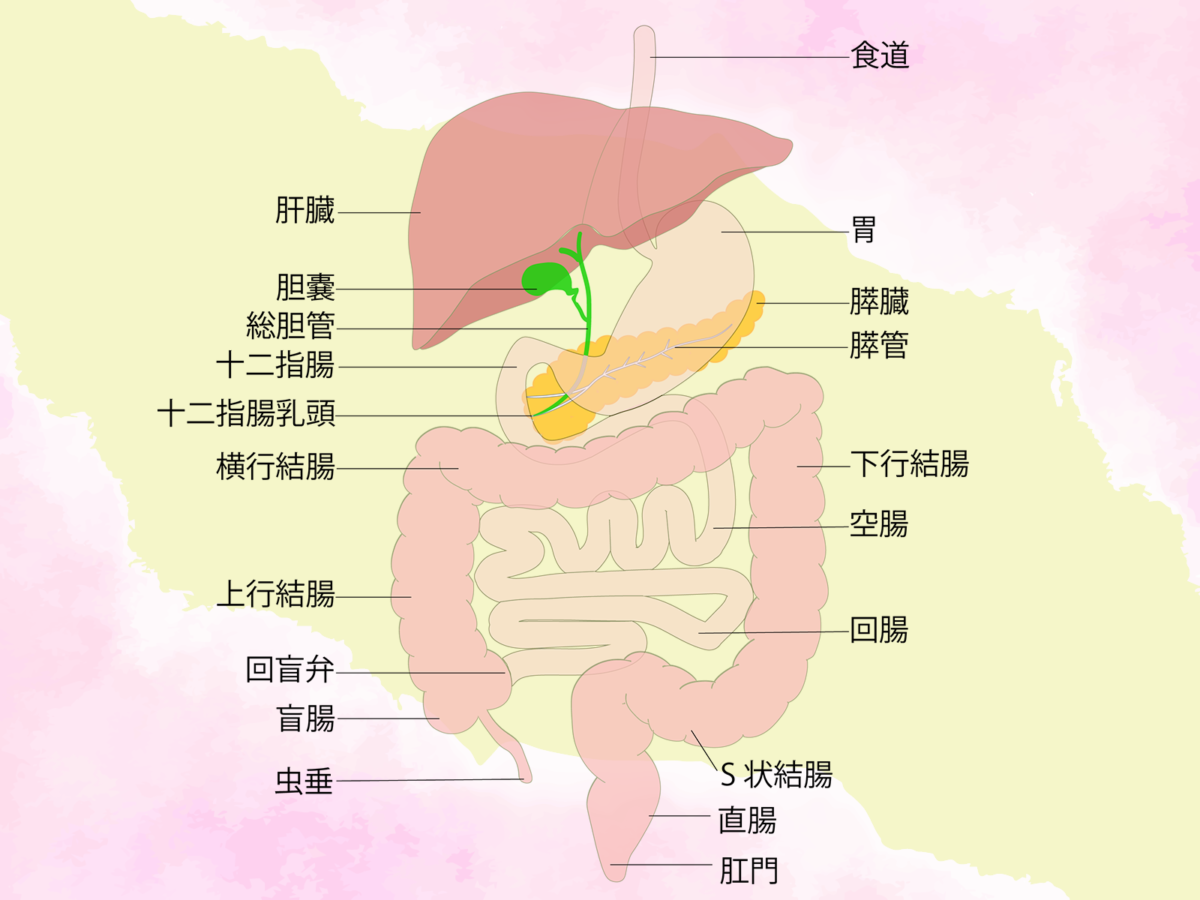We get nutrients from the food we eat every day to survive. We take necessary nutrients into the body through the small intestine and discharge unnecessary things such as food waste as feces. Defecation is a critical activity in our lives.
However, stool contains a lot of information that informs the condition of the large intestine. Feces, a barometer of health, is 80% water. In constipation, water is down to around 70%, and it may be more than 90% in diarrhea. 20% of ingredients other than water are “food debris,” “peeled intestinal mucosa,” and “intestinal bacteria.” Each gram of stool contains 1 trillion of these intestinal bacteria, and the type of bacteria varies from person to person.
The approximately 1,000 types influence the intestinal environment and 100 to 1,000 trillion intestinal bacteria living in the intestine. Intestinal bacteria include good bacteria that have a positive effect on people, harmful bacteria that have a terrible impact on people, and opportunistic bacteria that work in favor of good or bad bacteria.
The “intestinal environment” is determined by the balance of these three intestinal bacteria, and the state in which good bacteria work predominantly is called a “good intestinal environment” or a “good intestinal environment.” Depending on the power of good bacteria that work well and harmful bacteria that work negatively, the health condition of the intestines changes day by day.


